India's weather office predicts above-average temperatures in February, raising concerns for winter crops like wheat, rapeseed, and chickpeas. Below-average rainfall and fewer cold days are expected, potentially impacting crop yields and driving up food prices.
India is anticipating above-average temperatures in February, following a warmer-than-usual January, according to the country's weather office. This trend poses a significant risk to crucial winter-sown crops like wheat, rapeseed, and chickpeas. Mrutyunjay Mohapatra, director-general of the India Meteorological Department, stated during a virtual news conference that maximum and minimum temperatures across most regions are projected to exceed average levels in February.
Further compounding the concerns, the country is expected to experience below-average rainfall in February and fewer cold days than normal. Mohapatra emphasized that this combination of factors, particularly the elevated temperatures over the northwestern plains of India, could have a detrimental impact on standing crops like wheat during their flowering and grain filling stages. Crops such as mustard and chickpea might also witness premature maturity.India's northern states of Punjab, Haryana, and Uttar Pradesh, along with Madhya Pradesh in central India, are the country's primary wheat-producing regions. Winter-sown crops, including wheat, rapeseed, and chickpeas, are typically planted between October and December. These crops require cold weather conditions during their growth and maturity phases to ensure optimal yields. Reuters had previously reported on Thursday that February temperatures were likely to remain above average, especially in the northern states where wheat and rapeseed are cultivated. Mohapatra confirmed that January saw above-average minimum and maximum temperatures, attributed to below-normal rainfall.The occurrence of hot and unseasonal warm weather often leads to reduced wheat production and a sharp depletion in state reserves. Consequently, wheat prices soared to a record 33,250 rupees ($384.05) per metric ton earlier this month. Any decline in the rapeseed crop could compel India, the world's largest importer of vegetable oil, to increase its cooking oil imports, according to dealers. India primarily sources palm oil from Indonesia, Malaysia, and Thailand, while it imports soyoil and sunflower oil from Argentina, Brazil, Russia, and Ukraine
INDIA WEATHER TEMPERATURE CROPS WHEAT RAPESEED CHICKPEA FOOD PRICES AGRICULTURE
Malaysia Latest News, Malaysia Headlines
Similar News:You can also read news stories similar to this one that we have collected from other news sources.
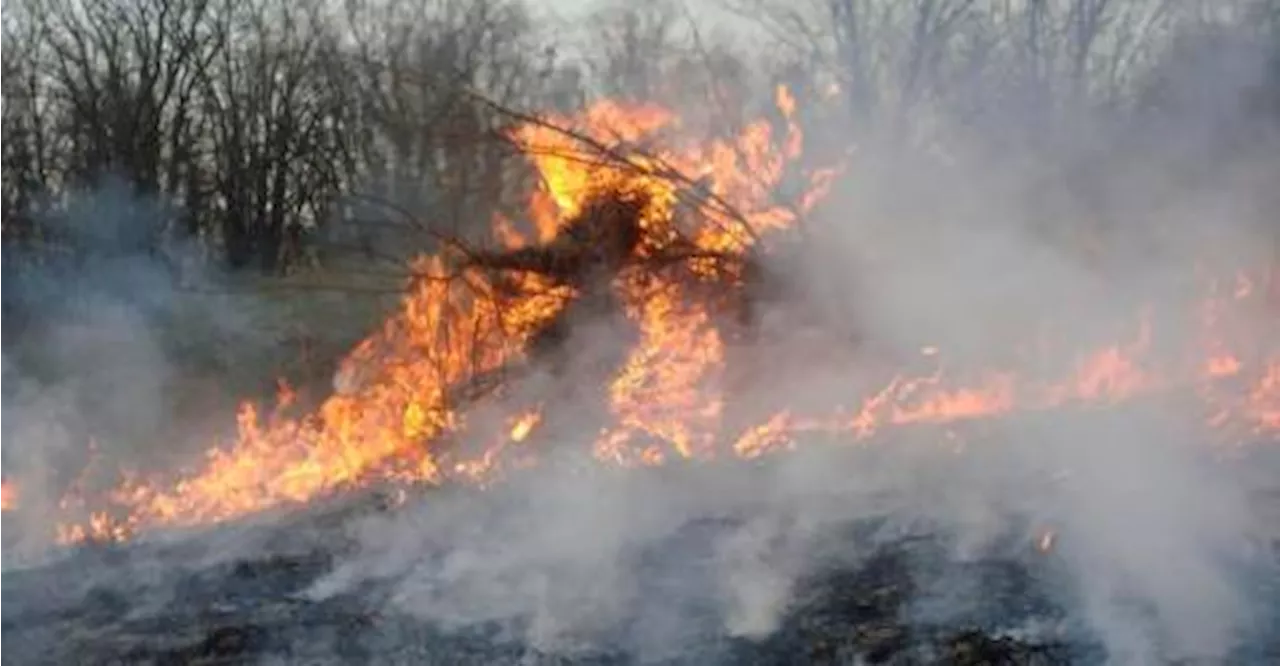 Australia’s southeast faces heatwave and bushfire riskAustralia’s southeast endures a heatwave, with increasing concerns over the heightened risk of bushfires.
Australia’s southeast faces heatwave and bushfire riskAustralia’s southeast endures a heatwave, with increasing concerns over the heightened risk of bushfires.
Read more »
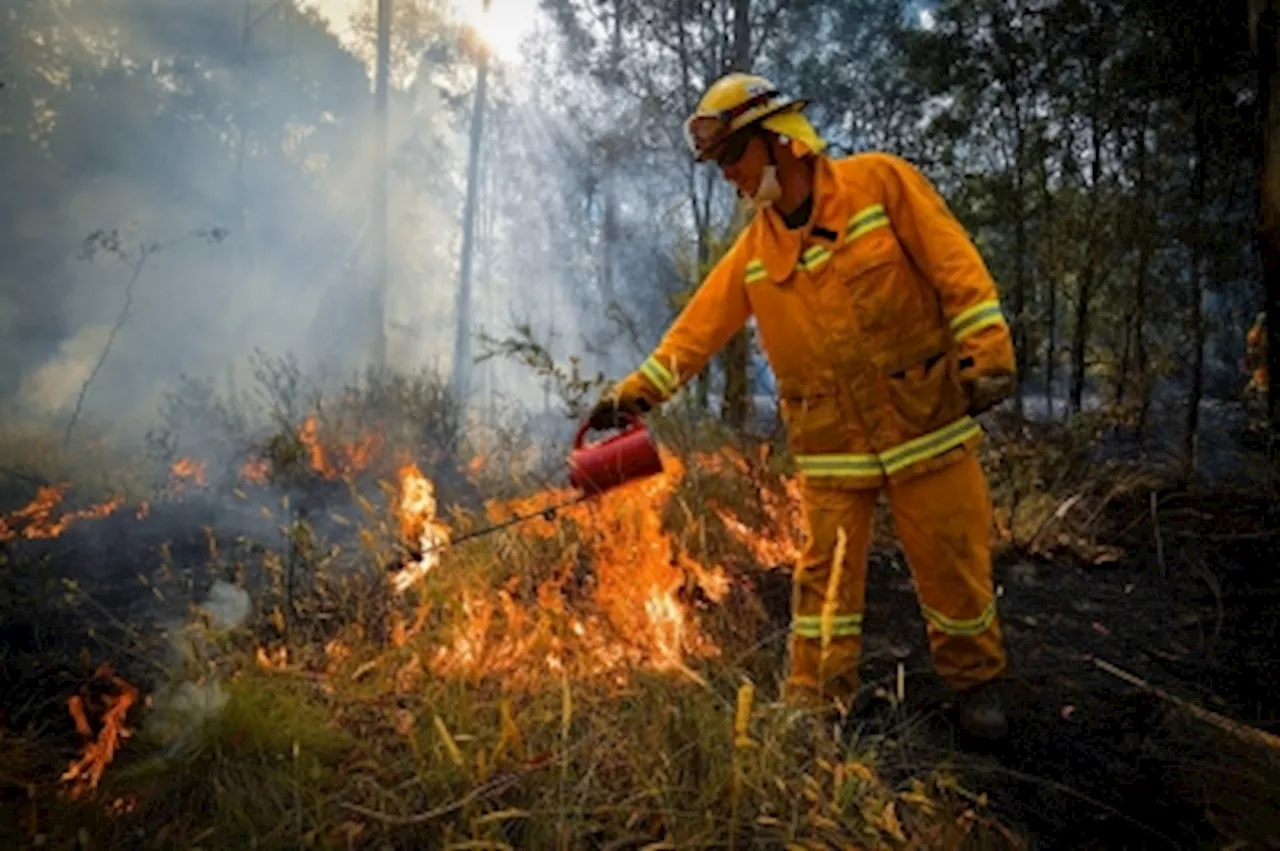 Australia Braces for Intense Bushfire Season Amidst HeatwaveAustralia is facing its most intense bushfire season since 2019-2020, with a heatwave intensifying bushfire risk and prompting authorities to issue fire bans in parts of Victoria state. Firefighters are on high alert as temperatures are predicted to reach 45 degrees Celsius in some areas.
Australia Braces for Intense Bushfire Season Amidst HeatwaveAustralia is facing its most intense bushfire season since 2019-2020, with a heatwave intensifying bushfire risk and prompting authorities to issue fire bans in parts of Victoria state. Firefighters are on high alert as temperatures are predicted to reach 45 degrees Celsius in some areas.
Read more »
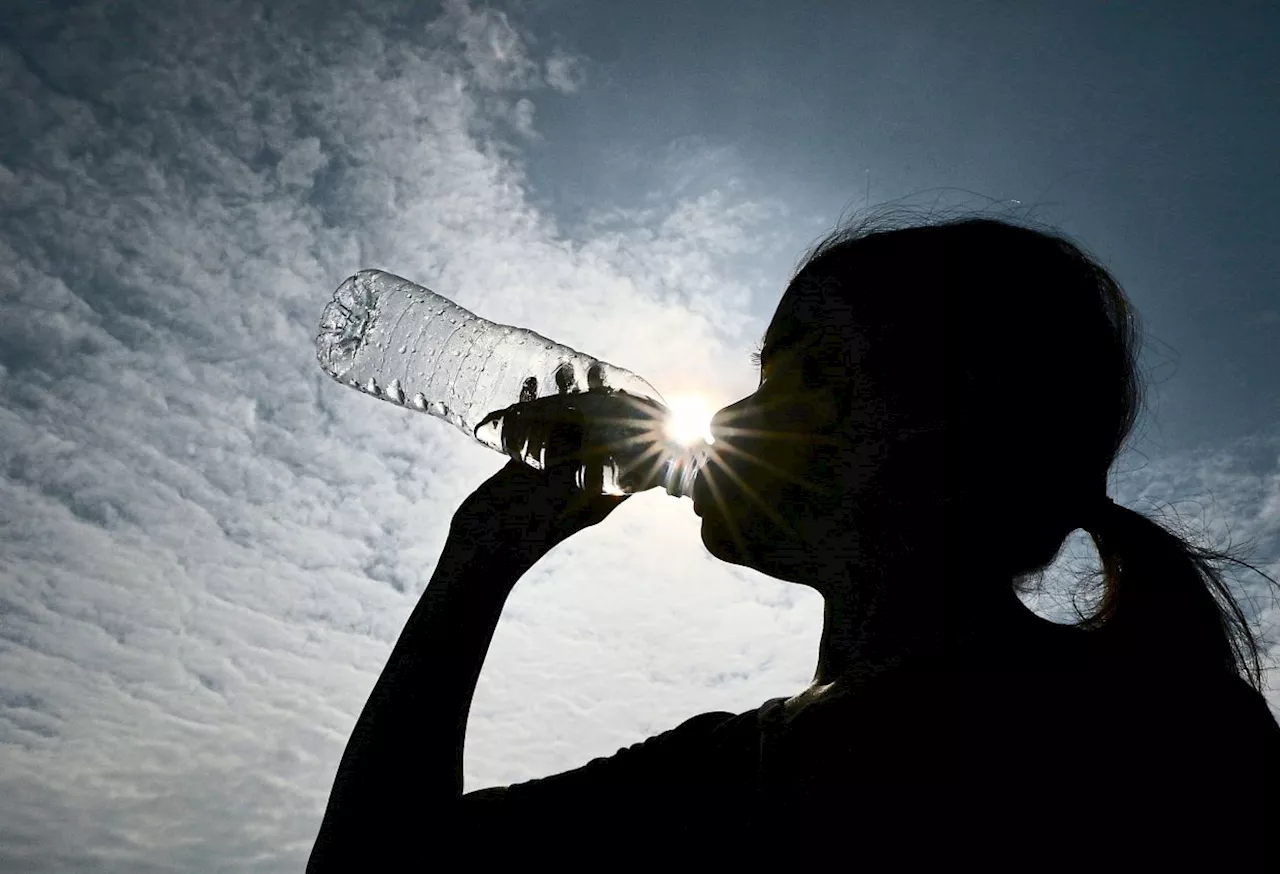 Malaysia's North to Brace for Heatwave as La Nina Shifts PatternNorthern states in Malaysia are expected to experience hotter temperatures from February as the northeast monsoon ends and La Nina influences weather patterns. La Nina's cooling effect on ocean surface temperatures is predicted to cause increased cloud formation, leading to less solar radiation and a higher chance of heatwaves in areas like Kedah and Kelantan.
Malaysia's North to Brace for Heatwave as La Nina Shifts PatternNorthern states in Malaysia are expected to experience hotter temperatures from February as the northeast monsoon ends and La Nina influences weather patterns. La Nina's cooling effect on ocean surface temperatures is predicted to cause increased cloud formation, leading to less solar radiation and a higher chance of heatwaves in areas like Kedah and Kelantan.
Read more »
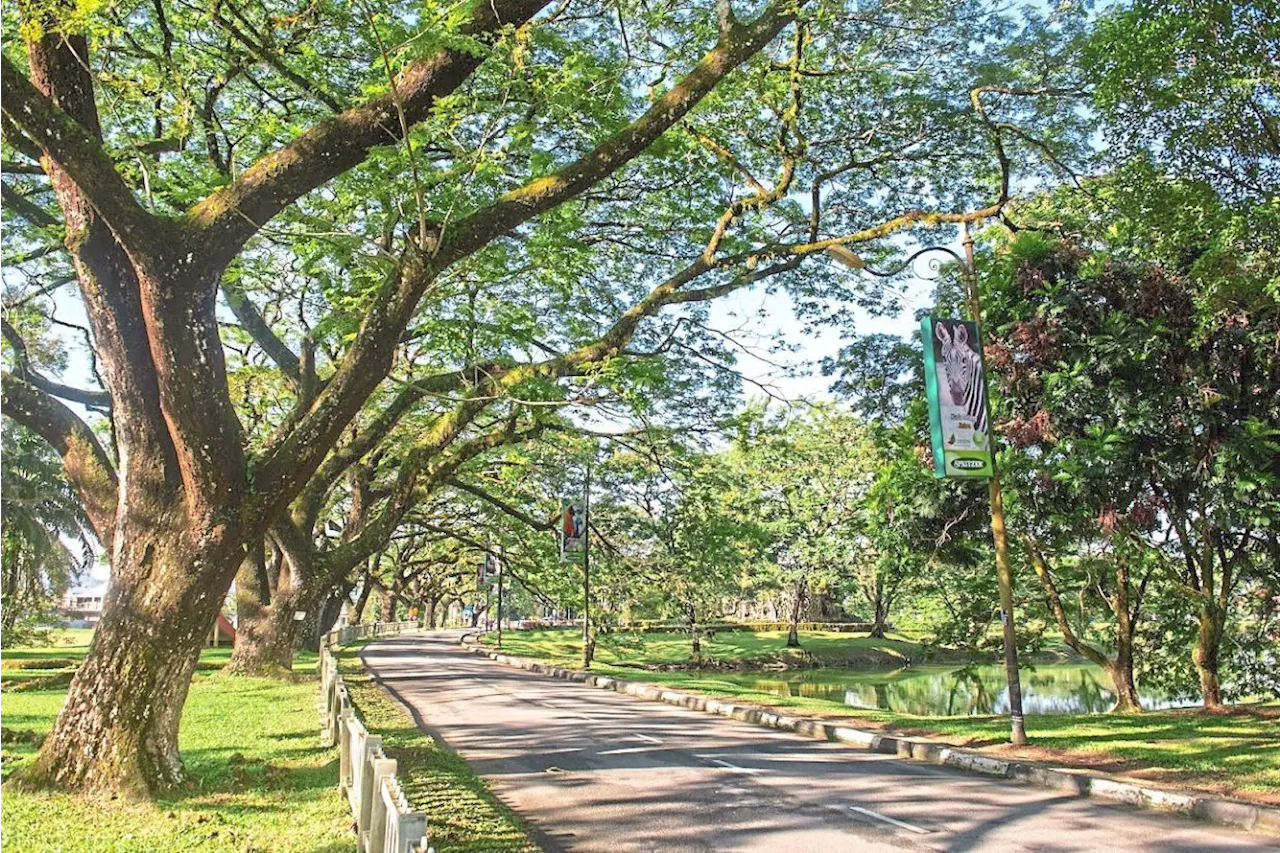 Rain threat to raintreesWASHINGTON (Reuters) - The U.S. Treasury Department's sanctions office was hacked by the Chinese government, the Washington Post reported on Wednesday, citing unnamed officials.
Rain threat to raintreesWASHINGTON (Reuters) - The U.S. Treasury Department's sanctions office was hacked by the Chinese government, the Washington Post reported on Wednesday, citing unnamed officials.
Read more »
 Singaporean Housewife Guilty of Egg-Throwing, Mop Attack, and Threat to Kill HusbandA Singaporean housewife was found guilty of multiple charges, including attacking her neighbor with a mop and eggs, and threatening to kill her husband.
Singaporean Housewife Guilty of Egg-Throwing, Mop Attack, and Threat to Kill HusbandA Singaporean housewife was found guilty of multiple charges, including attacking her neighbor with a mop and eggs, and threatening to kill her husband.
Read more »
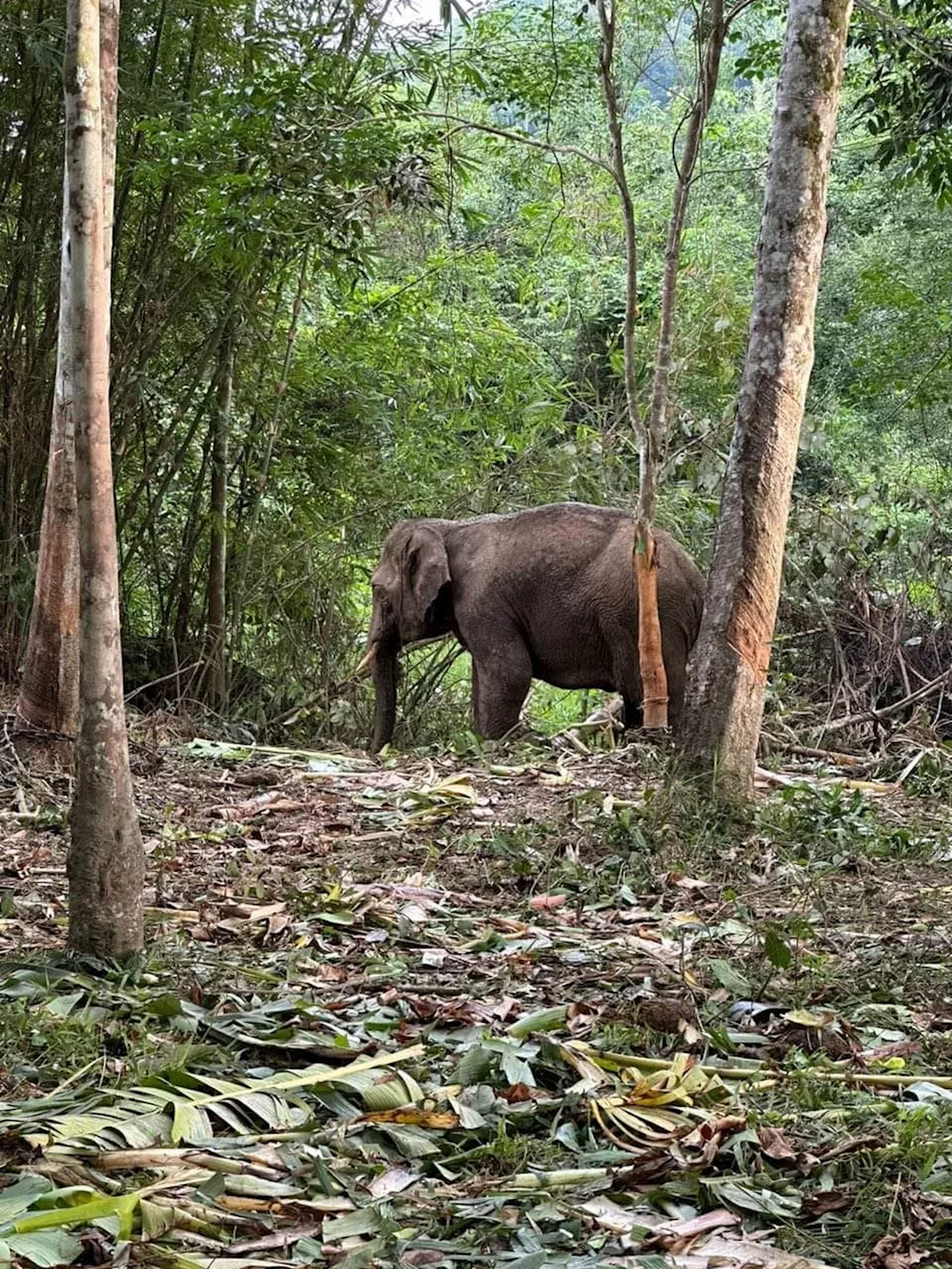 LED Panels Installed to Reduce Wildlife Threat in MalaysiaThe Malaysian Ministry of Natural Resources, Environment and Climate Change (NRES) has installed LED light panels to reduce the threat to wildlife.
LED Panels Installed to Reduce Wildlife Threat in MalaysiaThe Malaysian Ministry of Natural Resources, Environment and Climate Change (NRES) has installed LED light panels to reduce the threat to wildlife.
Read more »
